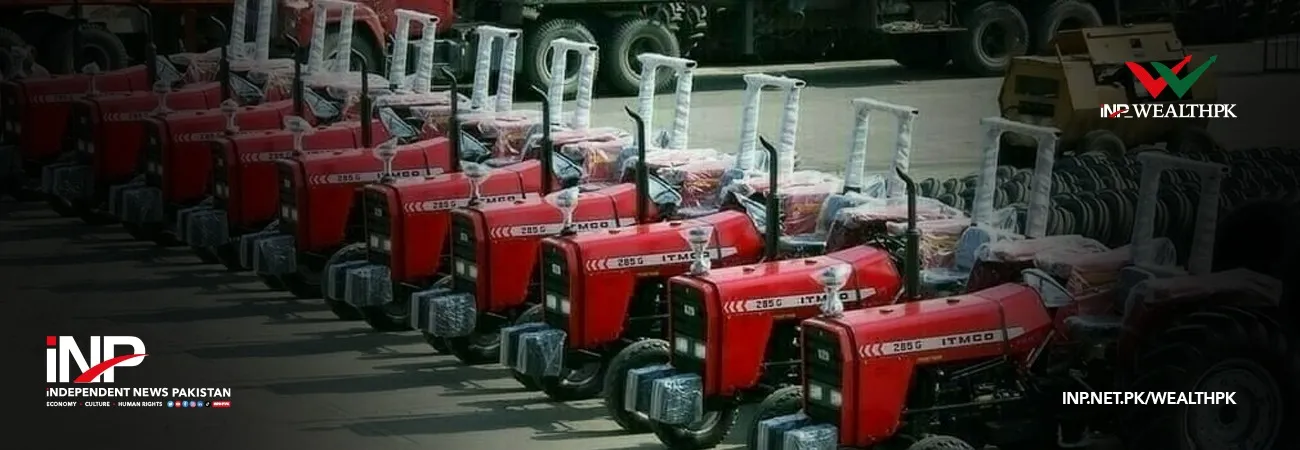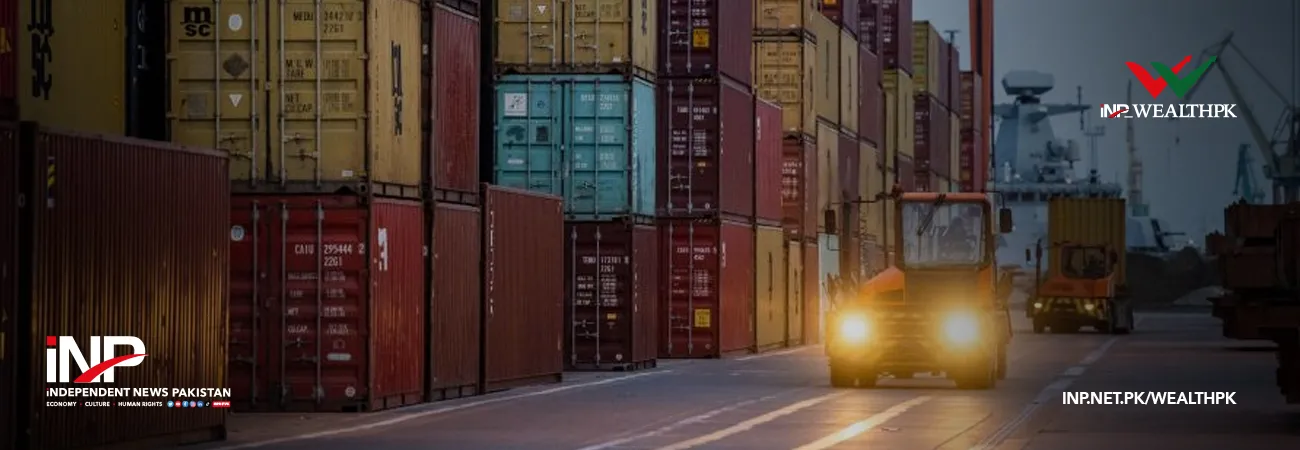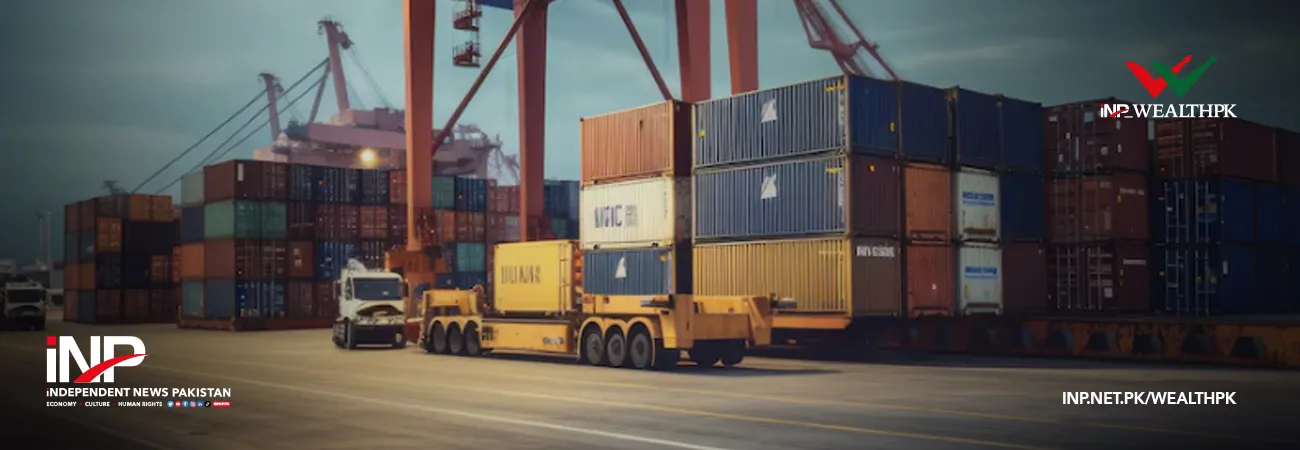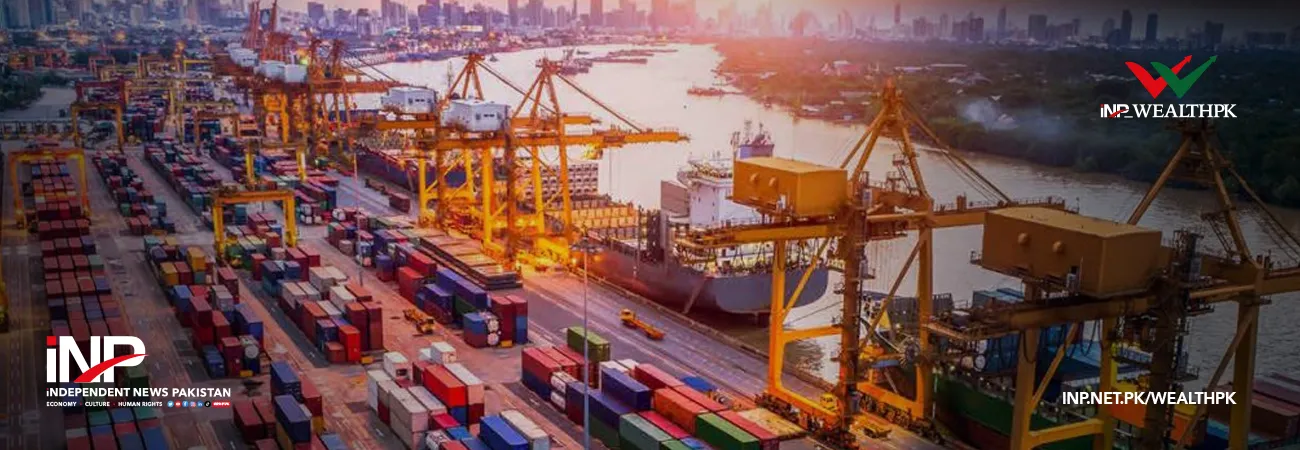INP-WealthPk
Ahmed Khan Malik
The Sindh government has promised to allay fears of the business community over the infrastructure cess.
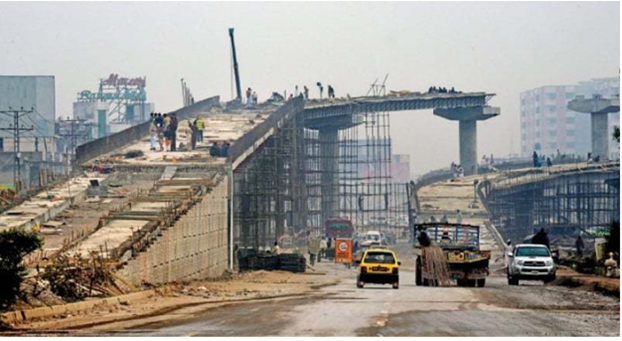
A delegation of the business community recently met Chief Minister Murad Ali Shah to take up the issue of infrastructure cess with him.
“The Sindh government is actively addressing concerns of the business community regarding the infrastructure cess — a tax levied on goods entering the province,” Nizam Sangrani, Director of the Sindh Revenue Board, told WealthPK.
He said that this initiative aims to resolve ongoing disputes and unlock substantial funds for critical infrastructure development.
The infrastructure cess is imposed on goods entering Sindh through air or sea, with rates ranging from 1.80% to 1.85% of the total value of goods, as assessed by customs authorities. The tax is intended to fund infrastructure projects within the province.
Business owners have expressed dissatisfaction with the cess, leading to legal challenges. They argue that the tax imposes a significant financial burden, and have sought its reduction or abolition.
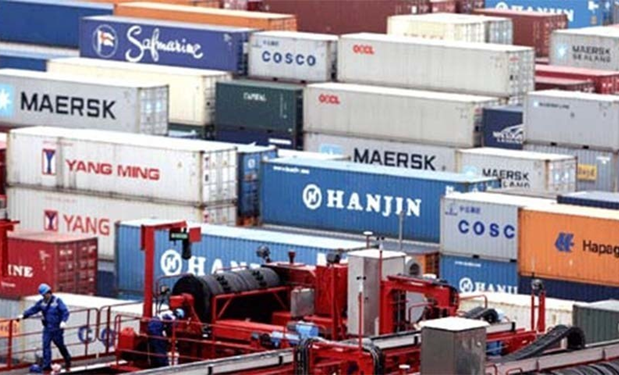
In response, the Sindh government has initiated discussions with business leaders to address these concerns. Chief Minister Murad Ali Shah has urged the business community to withdraw the ongoing court case against the cess, highlighting that approximately Rs180 billion is currently tied up in legal proceedings. He emphasised that resolving the issue could free up these funds for infrastructure development.
Sangrani said that a committee has been formed to facilitate dialogue between the government and business representatives. “The objective is to find a mutually agreeable solution that balances the need for infrastructure funding with the financial concerns of the business community.”
Saeed Minhas, an industrialist in Port Qasim Industrial Area, told WealthPK that successfully resolving the infrastructure cess issue could lead to the allocation of significant funds for infrastructure projects, potentially enhancing the province's economic development and improving public services. “Additionally, it may foster a more collaborative relationship between the government and the business community, promoting a conducive environment for industrial growth.”
He highlighted how poor road conditions, exacerbated by a failing sewer system, are leading to environmental pollution. He said that industrial estates of Karachi should be taken care of and provided with better infrastructure. Minhas said that while the Sindh government is planning to establish new industrial zones across the province, mainly in Karachi, under a new industrialisation policy to attract local and foreign investors and businessmen to boost economic activities, it also needs to focus on the existing industrial estates in the mega city, which have been facing issues of infrastructure.
He said that the business community has no issue with paying the infrastructure cess, but it should be rationalised with the surety that this goes to the infrastructure development in the industrial estates rather than spending it somewhere else for political gains.
Credit: INP-WealthPk




